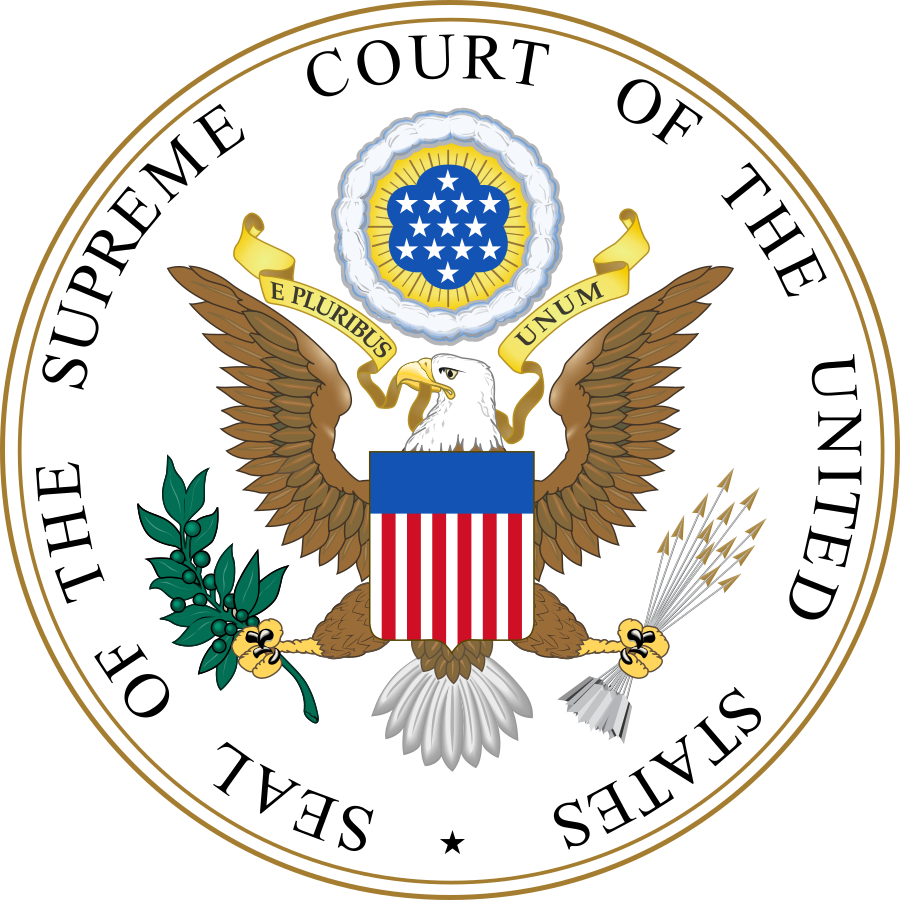
Opposes granting Negro voting right

Washington (UP) –
Justice Owen J. Roberts, conservative Republican member of the Supreme Court, now ranks as the key figure in two of the greatest reversals in the high tribunal’s modern history.
He was the line dissenter yesterday when the court overruled its own decision of nine years ago and declared that Negroes have a constitutional right to vote in state primary elections. The opinion was written by Justice Stanley Reed.
Justice Roberts, reiterating criticism voiced earlier this year, charged that the court was breeding fresh doubt and confusion in the public mind by its about-face tactics.
Has changed own views
Observers recalled, however, that it was Justice Roberts who in 1937 changed his mind on minimum wage legislation for women and thereby permitted the court to reverse an earlier ruling holding the New York Minimum Wage Act unconstitutional.
That reversal, which came during the famous Supreme Court reorganization fight, has been hailed since as the turning point of President Roosevelt’s efforts on behalf of many of his New Deal programs and policies.
Wage ruling reversed
The minimum wage law for women was originally rejected by the court in a 5–4 verdict in June 1936, but nine months later, it reversed this decision in upholding a Washington minimum wage statute. The split again was 5–4, on the basis of a change of viewpoint by Justice Roberts.
Thereafter, the tribunal held constitutional such programs of social and economic significance as the Railway Labor Act, the National Labor Relations Act, Social Security Act and the powers of the Securities and Exchange Commission – important phases of the New Deal program.
Stone changes mind
The court’s ruling yesterday was considered one of the tribunal’s most important stands in the field of civil liberties in the past decade. Justice Reed’s 8–1 majority opinion reversed a unanimous decision written in 1935 by Justice Roberts in the case of Grovey v. Townsend.
Justice Roberts and Chief Justice Harlan F. Stone are the only men now on the court who were also members when the 1935 case was decided. Justice Roberts stuck to his guns, but the Chief Justice changed his mind and agreed with Justice Reed.
New curb sought by Southerners
Washington (UP) –
The Supreme Court ruling that Negroes may vote in state primary elections raised the possibility today that some Southern states may abandon the primary system and return to the convention method of selecting political candidates.
The prospect of such action was seen by at least two Southern Senators, one of whom said that any Negro attempting to attend a Democratic convention in the South “will be thrown out by the seat of his pants.”
Senator John H. Overton (D-LA) mentioned the possibility of abandoning primaries and predicted at the same time that Southern reaction to the court ruling would be averse to a fourth term for President Roosevelt.
Mr. Overton said:
The South at all costs will maintain the rule of white supremacy. The Negro can be kept from the polls by educational qualification tests. This decision will add greatly to the difficulties of advocates of a fourth term in securing the support of the South,
Texas case involved
Southerners generally denounced the decision, in which the high court ruled that when primaries become part of the machinery for choosing state or national officials, a Negro has a constitutional right to vote.
The case arose in Texas where, as in other Southern states, the Democratic primary usually decides the winner of the general election.
Southerners in Congress predicted their states would find some other way, such as conventions or education tests, to prevent Negroes from participating in their primaries.
‘An abiding faith’
Rep. Nat Patton (D-TX) said:
I have an abiding faith that the Negroes aren’t going to vote in the white man’s Democratic primary. Our Democratic people in Texas will find some way to work out a Democratic primary for white folks. The Negroes don’t want to vote in an election that is not for them.
The high court’s ruling was broad enough to cover all primaries in which state and national candidates are nominated, but J. Lon Duckworth, chairman of the Georgia State Democratic Executive Committee, said in Atlanta that it should not qualify Negroes to participate in the Georgia Democratic primary.

